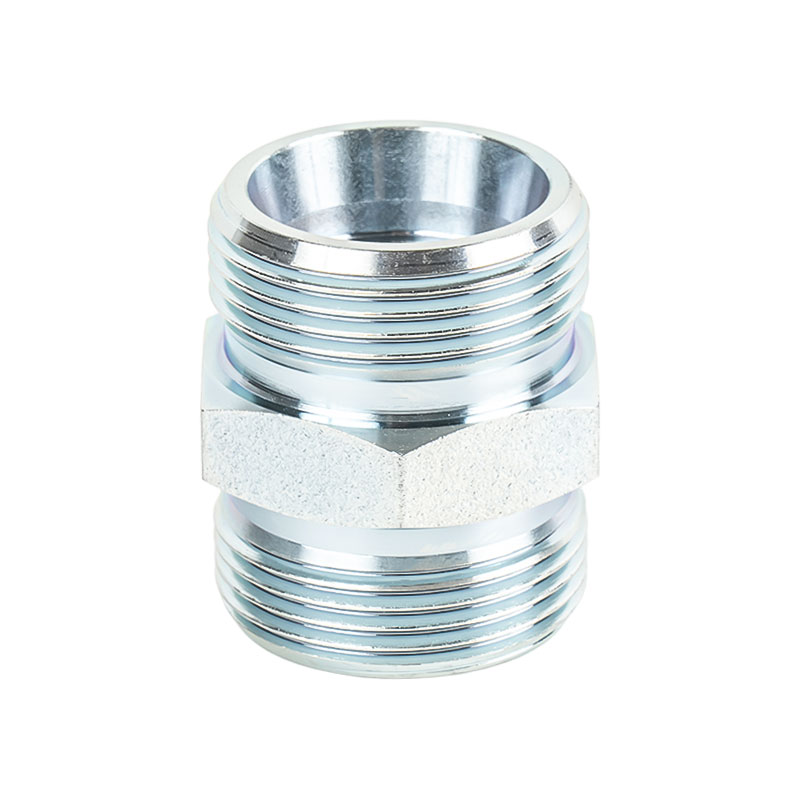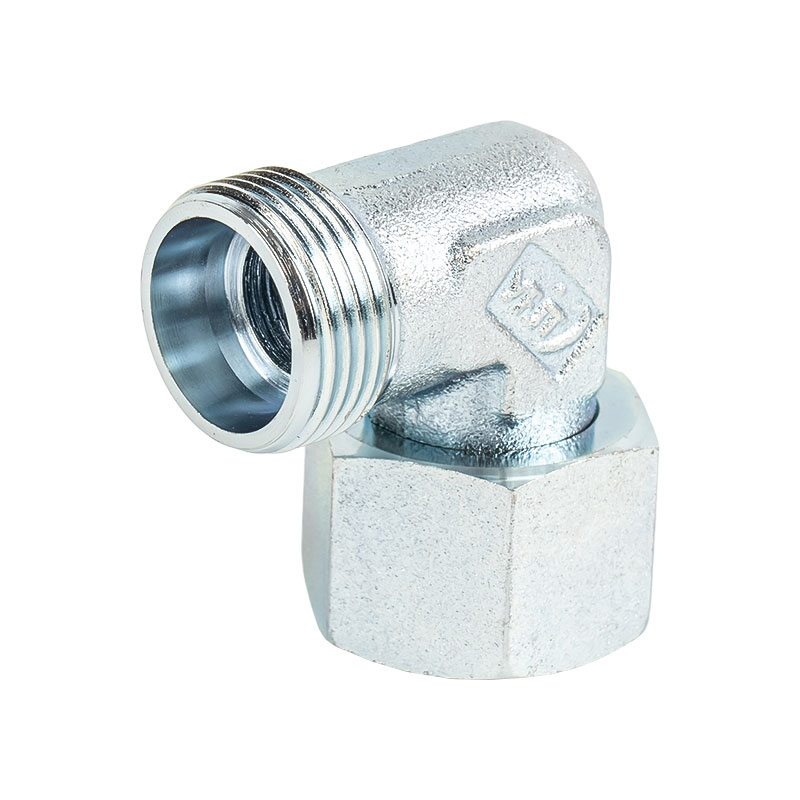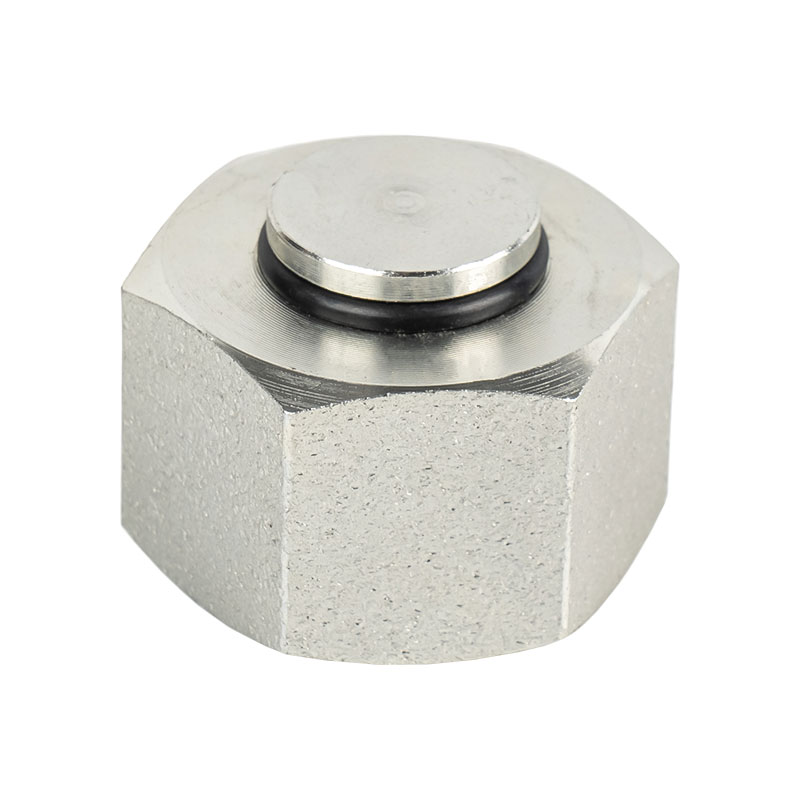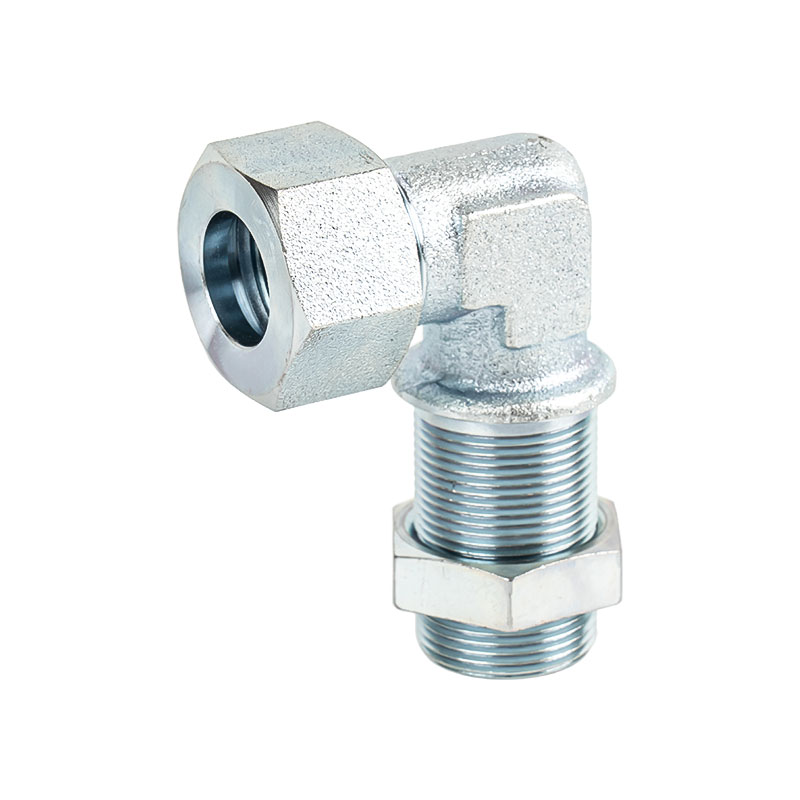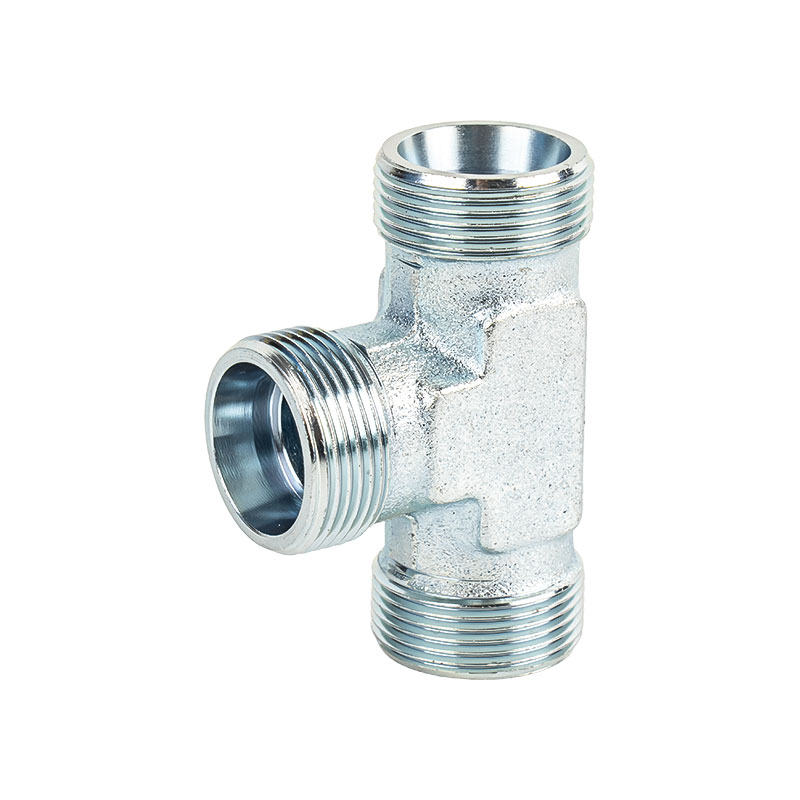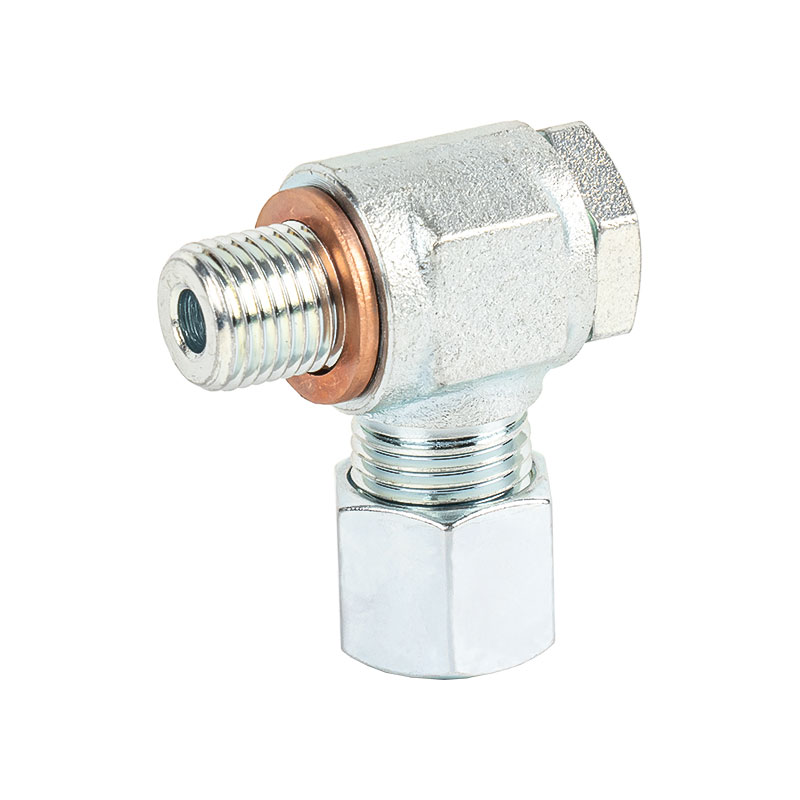Straight Tube Adapters With Swivel Nut is a key component for connecting pipe systems, widely used in hydraulic, pneumatic, industrial and construction fields. This adapter can flexibly adjust the connection angle during installation through the design of the swivel nut, reduce pipe stress, and maintain high sealing and reliability. In order to adapt to different working environments and media, the material selection of straight tube adapters with swivel nuts is very important. Common materials mainly include stainless steel, carbon steel, brass, plastic, etc.
1. Stainless steel
Stainless steel is one of the most common materials in straight tube adapters with swivel nuts, especially suitable for use in highly corrosive environments. Stainless steel has good corrosion resistance, especially in the chemical, marine and food industries. Its main advantages include:
Strong corrosion resistance: Stainless steel can resist the erosion of most acids, alkalis and salts, and is particularly suitable for pipe connection systems that handle corrosive liquids or gases.
High mechanical strength: Stainless steel has good tensile strength and compressive strength, can maintain structural integrity under high pressure conditions, and is suitable for high-pressure hydraulic systems.
Good high temperature resistance: Stainless steel materials can maintain stable physical properties in high temperature environments and will not fail due to temperature changes, so they are very suitable for high-temperature industrial processes.
2. Carbon steel
Carbon steel is a relatively low-cost and widely used material, often used in pipe connections in the industrial field. Although carbon steel is not as corrosion-resistant as stainless steel, it is strong, affordable, and suitable for less harsh working conditions. The main characteristics of carbon steel include:
High strength: Carbon steel has good mechanical properties and can withstand high pressure and heavy loads, making it suitable for pipe connections for heavy machinery and equipment.
Strong machinability: Carbon steel is easy to cut, weld and process, and can be customized with adapters of different sizes and shapes according to specific needs.
Good durability: After surface anti-rust treatment, carbon steel can resist rust to a certain extent and is suitable for use in less harsh environments.
3. Brass
Brass is an alloy of copper and zinc with good corrosion resistance, thermal conductivity and easy machinability. It is often used in water supply systems and low-pressure applications. The main advantages of brass materials include:
Good corrosion resistance: Brass is particularly suitable for applications in contact with water, and can prevent minerals in the water from corroding pipes, so it is widely used in household water supply systems and the shipbuilding industry.
High wear resistance: Brass has a high surface hardness and can maintain its structural stability during long-term friction and wear.
Beautiful appearance: Brass has a unique golden luster. In some scenes that require beautiful appearance, such as interior decoration or exhibition equipment, brass materials are more ideal.
IV. Plastics
For some low-pressure and chemical stability requirements, straight pipe adapters with swivel nuts made of plastic materials are also widely used. Common plastic materials include polyethylene (PE), polypropylene (PP), polyvinyl chloride (PVC), etc. The main characteristics of plastic materials include:
Good chemical resistance: Plastic materials can resist the erosion of a variety of chemical substances, especially in the fields of chemical industry and wastewater treatment.
Lightweight and easy to install: Plastic materials are light in weight, easy to transport and install, and are suitable for occasions with limited space or requiring quick installation.
Economical and affordable: Plastic materials have low manufacturing costs and are suitable for mass production and use.

 中文简体
中文简体